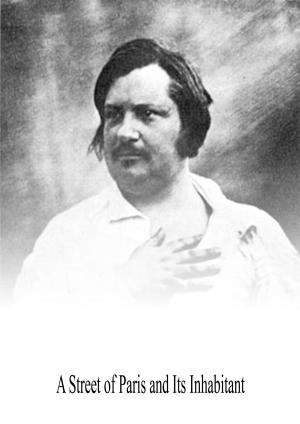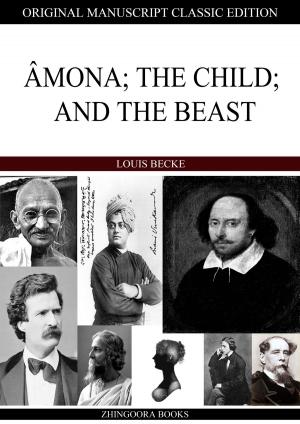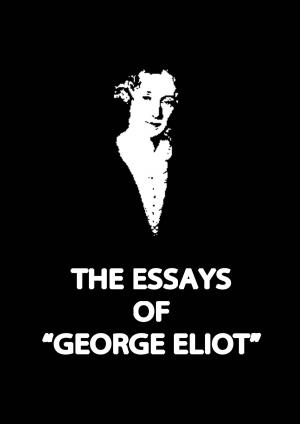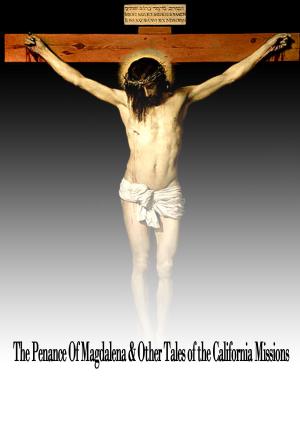| Author: | Madame De Stael | ISBN: | 1230000034793 |
| Publisher: | Zhingoora Books | Publication: | December 1, 2012 |
| Imprint: | Language: | English |
| Author: | Madame De Stael |
| ISBN: | 1230000034793 |
| Publisher: | Zhingoora Books |
| Publication: | December 1, 2012 |
| Imprint: | |
| Language: | English |
Christmas Summary Classics
This series contains summary of Classic books such as Emma, Arne, Arabian Nights, Pride and prejudice, Tower of London, Wealth of Nations etc. Each book is specially crafted after reading complete book in less than 30 pages. One who wants to get joy of book reading especially in very less time can go for it.
MADAME DE STAËL
Corinne
Madame de Staël, the most famous and brilliant of the many famous Frenchwomen of the Revolution and the Empire, was born, like Bonaparte himself, of alien parents. Her father was Necker, the eminent Swiss minister of finance under Louis XVI, whose triumph and exile were among the startling events of the opening stage of the Revolution; whilst her mother, also Swiss, had been the lover of the historian Gion and now presided over one of the most brilliant salons in Paris. Anne Marie Louise Germaine Necker was born at Paris on April 22, 1766. In 1787 she was married--unhappily--to Baron de Staël-Holstein, Swedish Ambassador at Paris. She was in peril during the Terror, but escaped to Switzerland. A few years afterwards she showed keen political activity against Napoleon, who respected her hostility so profoundly that he would not suffer her to approach Paris. Madame de Staëls "Corinne, or Italy," is accounted one of her two masterpieces, the other one being "On Germany." (See Vol. XX.) It was published in 1807, and was written at Coppet, in Switzerland, her place of residence and exile during her many enforced sojourns from Paris by order of the Emperor. "Corinne" not only revealed for the first time to the Frenchmen of her day the grandeur and mystery and charm of Italy, but also showed the national characteristics of French and Englishmen for the first time in their respective, and in a European light. Moreover, as one European critic has pointed out, it is also one of the first, and still one of the subtlest, studies in the psychology of sex and emancipation of woman of the nineteenth century. Madame de Staël's relations with the clever and ambitious young statesman and writer, Benjamin Constant, formed the chief source of her inspiration in writing "Corinne," as it formed his in writing "Adolphe." Madame de Staël died in Paris, July 14, 1817.
Christmas Summary Classics
This series contains summary of Classic books such as Emma, Arne, Arabian Nights, Pride and prejudice, Tower of London, Wealth of Nations etc. Each book is specially crafted after reading complete book in less than 30 pages. One who wants to get joy of book reading especially in very less time can go for it.
MADAME DE STAËL
Corinne
Madame de Staël, the most famous and brilliant of the many famous Frenchwomen of the Revolution and the Empire, was born, like Bonaparte himself, of alien parents. Her father was Necker, the eminent Swiss minister of finance under Louis XVI, whose triumph and exile were among the startling events of the opening stage of the Revolution; whilst her mother, also Swiss, had been the lover of the historian Gion and now presided over one of the most brilliant salons in Paris. Anne Marie Louise Germaine Necker was born at Paris on April 22, 1766. In 1787 she was married--unhappily--to Baron de Staël-Holstein, Swedish Ambassador at Paris. She was in peril during the Terror, but escaped to Switzerland. A few years afterwards she showed keen political activity against Napoleon, who respected her hostility so profoundly that he would not suffer her to approach Paris. Madame de Staëls "Corinne, or Italy," is accounted one of her two masterpieces, the other one being "On Germany." (See Vol. XX.) It was published in 1807, and was written at Coppet, in Switzerland, her place of residence and exile during her many enforced sojourns from Paris by order of the Emperor. "Corinne" not only revealed for the first time to the Frenchmen of her day the grandeur and mystery and charm of Italy, but also showed the national characteristics of French and Englishmen for the first time in their respective, and in a European light. Moreover, as one European critic has pointed out, it is also one of the first, and still one of the subtlest, studies in the psychology of sex and emancipation of woman of the nineteenth century. Madame de Staël's relations with the clever and ambitious young statesman and writer, Benjamin Constant, formed the chief source of her inspiration in writing "Corinne," as it formed his in writing "Adolphe." Madame de Staël died in Paris, July 14, 1817.
![Cover of the book Corinne [Christmas Summary Classics] by Madame De Stael, Zhingoora Books](https://www.kuoky.com/images/2012/december/500x500/1230000034793-7LIQ_500x.jpg)




![Cover of the book Chronicles of England, Scotl And, And Ireland [Christmas Summary Classics] by Madame De Stael](https://www.kuoky.com/images/2012/december/300x300/1230000034794-ngtO_300x.jpg)









